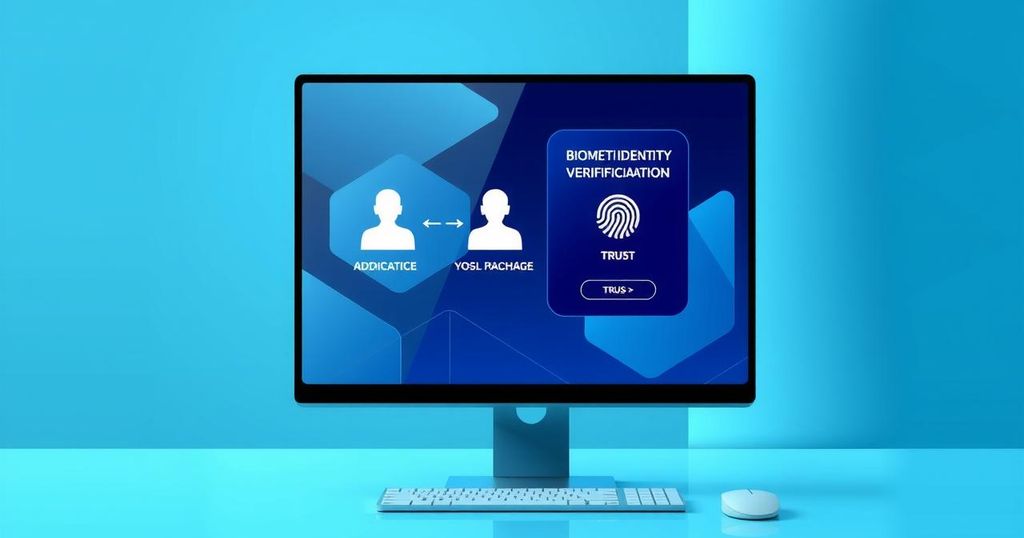In 2025, digital identity in APAC will evolve significantly due to advancements in technology and an increased focus on security. Passwordless authentication methods like biometrics and MFA are expected to dominate, supported by Zero Trust principles and decentralized identity models. Organizations will need to adopt robust IAM solutions to mitigate evolving cyber threats, while customer expectations will demand more seamless and secure digital experiences.
The future of digital identity management in the Asia-Pacific (APAC) region is poised for significant transformation by 2025, driven by technology advancements and increasing security needs. As businesses pivot towards digital transformation, practices such as passwordless authentication, encompassing biometrics and multi-factor authentication (MFA), are expected to become commonplace. This transition aims to enhance security while improving user experience, particularly against the backdrop of rising password-related cyber threats. The Zero Trust framework is predicted to underpin digital identity strategies, emphasizing continuous authentication and validation of users and devices to mitigate risks. Additionally, the demand for self-sovereign and decentralized identity solutions will rise, giving individuals greater control over personal data in compliance with emerging regulatory measures. With AI playing a pivotal role, organizations will be better equipped to validate identities and detect potential fraud in real time. The adoption of passwordless solutions is anticipated to accelerate, particularly in light of consumer frustrations over password management. Surveys demonstrate that many users prioritize security, ease of use, and privacy, indicating a readiness to embrace MFA and biometric systems for more efficient online interactions. Organizations face evolving cybersecurity risks, particularly with the expected increase in data volumes, making them attractive targets for hackers. To counteract this, early detection technologies, adaptive authentication, and Zero Trust models will be crucial in minimizing unauthorized access and strengthening overall security. The rapid digitalization efforts in APAC countries will propel the demand for robust identity and access management (IAM) solutions, as the complexities of managing digital identities increase. Cloud technology and advanced IAM systems will be critical in safeguarding user identities and data against breaches in this rapidly changing landscape. Looking ahead, Ping Identity aims to foster innovation to address the fast-evolving threat landscape by advocating for decentralized identities and enhanced data protection strategies. As customer expectations around digital security evolve, brands will need to prioritize seamless and secure user experiences to maintain trust and prevent customer attrition.
Digital identity management is rapidly evolving in the APAC region, particularly as businesses navigate the challenges of cybersecurity and user privacy amidst a global movement towards digital transformation. This transformation is catalyzed by emerging technologies, such as artificial intelligence (AI), and necessitates new authentication methods that prioritize enhanced security while improving end-user convenience. The rising tide of cyber threats further complicates these developments, requiring organizations to adopt more sophisticated identity security practices.
As we approach 2025, the digital identity landscape in APAC is set to witness a paradigm shift influenced by advanced technologies and a growing emphasis on security and user control. Businesses must adapt their strategies to incorporate passwordless authentication methods, embrace the Zero Trust model, and invest in decentralized identity solutions. Those that succeed will not only tackle cybersecurity challenges effectively but also foster trust and satisfaction among their customers, ultimately ensuring competitive advantage.
Original Source: www.intelligentciso.com




